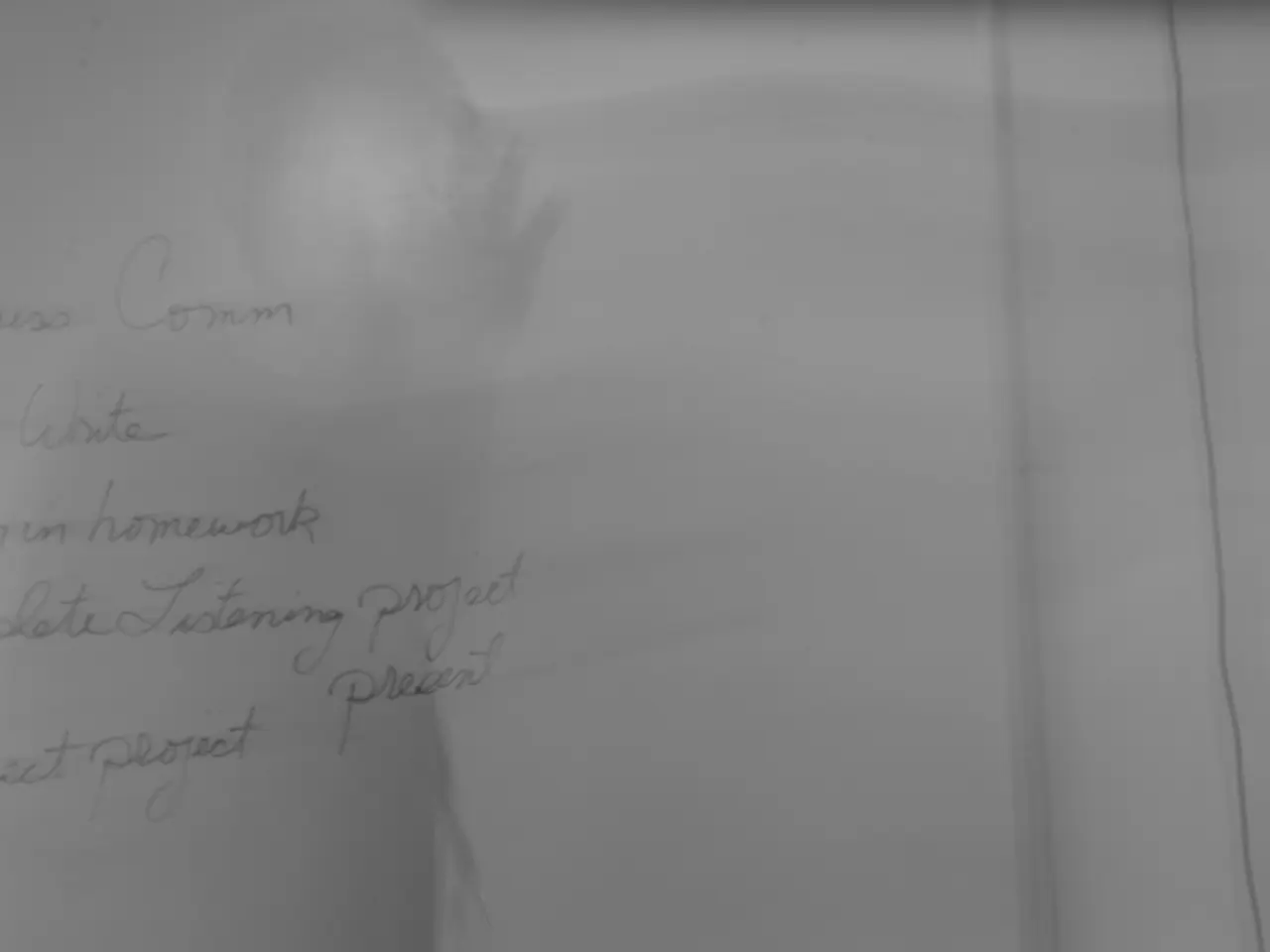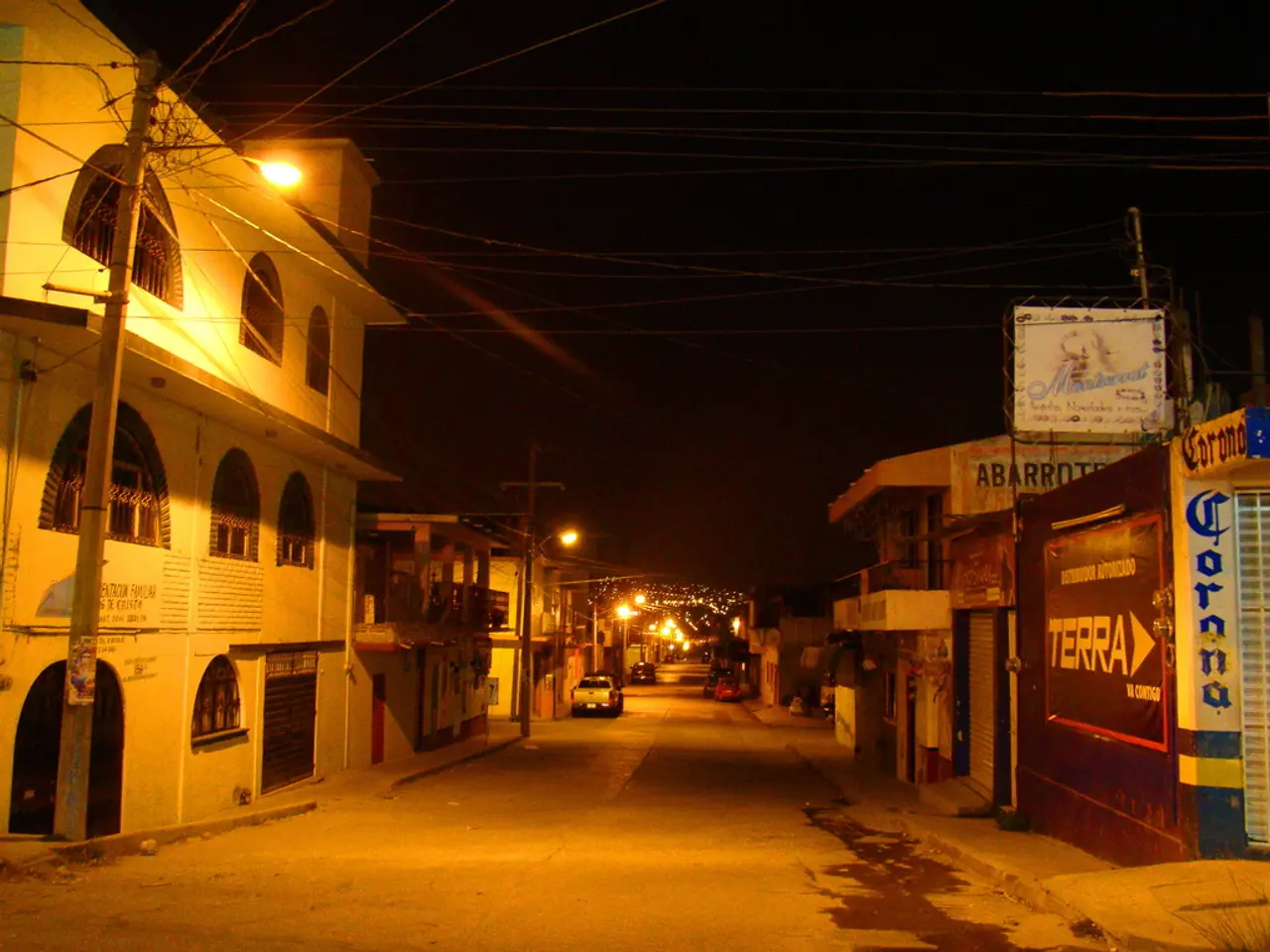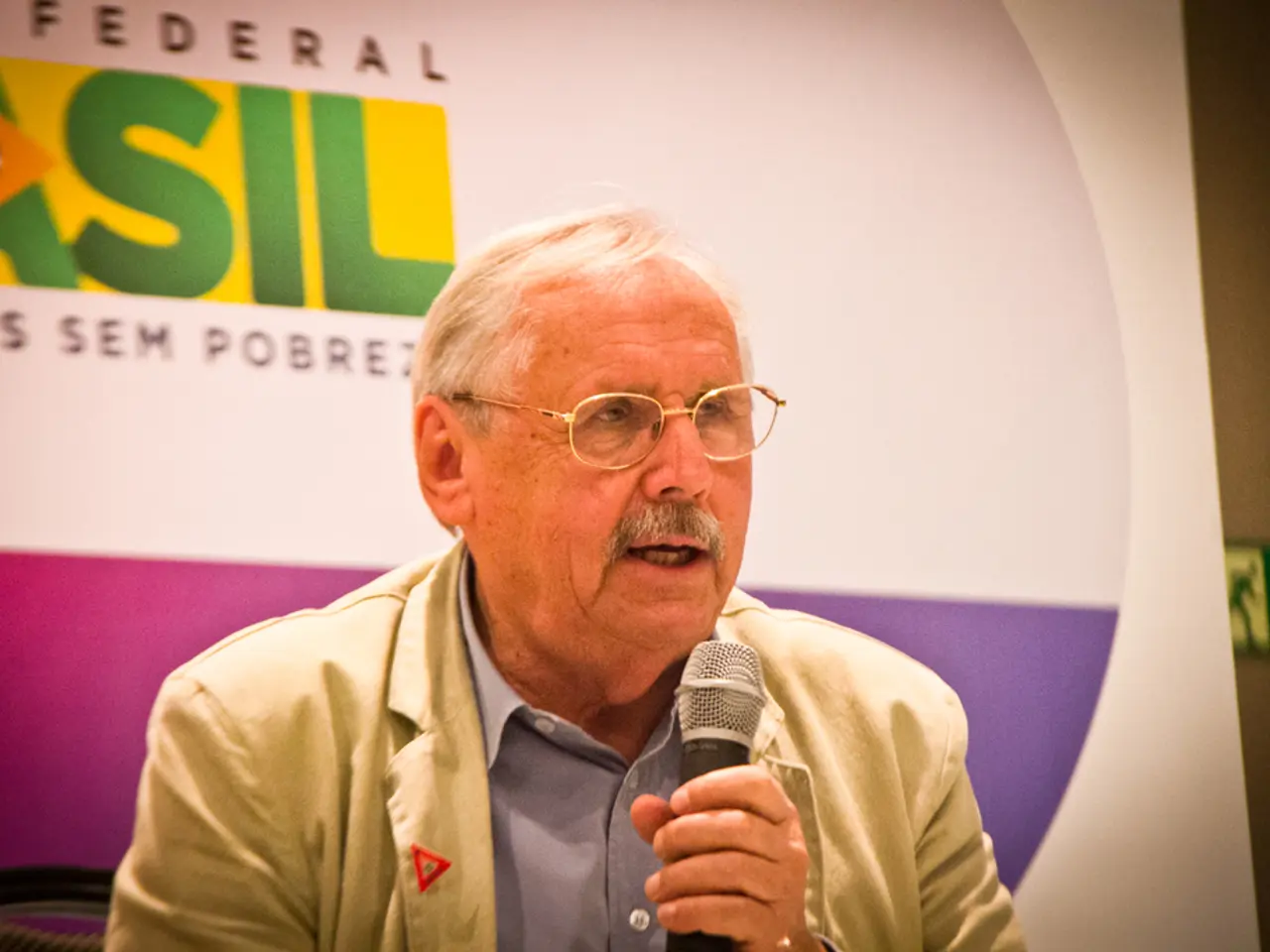Governor Youngkin Modifies Virginia's Skill Game Legislation, Sparks Frustration Among Legislators and Small-scale Entrepreneurs
Changing the Game: Youngkin's Controversial Proposal on Skill Games
In a surprise move, Virginia Gov. Glenn Youngkin has ruffled feathers with a sudden overhaul of skill game legislation. The governor's proposed changes have left proponents of the machines seething.
Youngkin's plans aspire to categorize skill game machines as casino-like, imposing a host of limitations on their quantities, locations, and tax rates. Here's the lowdown on his sweeping suggestions:
- Casinos, horse tracks, and historical horse racing parlors will serve as 35-mile exclusion zones for the machines.
- The tax rate skyrockets from 25% to a hefty 35%.
- Exclusively establishments that already sell lottery tickets will be authorized to host the machines, with each location limited to three machines (previously four).
- Truck stops are capped at seven machines (down from ten).
- Localities can revoke the machines via referendum or local ordinance, and a maximum of 20,000 machines will be allowed statewide.
- Thorough criminal background checks will be implemented for those associated with the gaming industry.
Youngkin's proposals also seek to delay the reactivation of skill game terminals. The terminals, previously active until last October, were deemed illegal by the Virginia Supreme Court and were subject to a 2020 ban.
Interestingly, Youngkin's amendments transfer regulatory powers from the Virginia Alcohol Beverage Control (ABC) to the Virginia Lottery (VL), which oversees casinos. The lottery will begin accepting license applications on Jan. 1, 2025, with licenses being issued once it sets up a "real-time central accounting system" and installs age verification mechanisms to prevent underage and problem gambling.
A Slap in the Face
Sen. Aaron Rouse, one of the backers of the skill game bill, criticized Youngkin's actions as a "slap in the face" for small businesses. Rouse maintained that he had expected changes but not an entirely new bill and that the bill-rewriting process happened haphazardly over a span of five hours.
Small businesses, which saw skill games as a crucial means to supplement their earnings post-pandemic, had urged Youngkin to stand by his campaign pledges and endorse the bill's passage. In stark contrast, Youngkin's veto represents an about-face from that position.
Small businesses have rallied under the Virginia Merchants and Amusements Coalition (VMAC) banner, which laments the proposed changes as devastating. MMAC President Rich Kelly argued that Youngkin was protecting the interests of out-of-state gambling entities at the expense of small businesses.
Kunal Kumar, vice president of the Virginia Asian American Store Owners Association (VAASOA), contends that the changes will effectively disqualify 90% of small business owners from participating in the games. Furthermore, Kumar questions Youngkin's adherence to free market principles, given his previous supportive stance.
Moving Forward
The Virginia General Assembly will revisit Youngkin's proposed changes when they reconvene on April 17. With a two-thirds majority required to override the veto, legislators may face an uphill battle due to the political divide in the House and Senate. Even if the veto is overturned, however, Youngkin still retains the final say, choosing whether to sign or veto the bill upon its return.
For now, the skill game machines remain illegal, as per the Virginia Supreme Court's October ruling. Stay tuned for updates as this unfolds!
- Sen. Aaron Rouse, one of the supporters of the skill game bill, views Governor Youngkin's actions as a "slap in the face" to small businesses, arguing that he had not anticipated an entirely new bill and was disappointed by the hasty rewriting process over a period of five hours.
- Under the Virginia Merchants and Amusements Coalition (VMAC), small businesses, who saw skill games as a vital means to boost their earnings post-pandemic, have protested Youngkin's veto, stating that his proposed changes would be catastrophic. MMAC President Rich Kelly asserts that Youngkin is prioritizing the interests of out-of-state gambling entities over small businesses.





